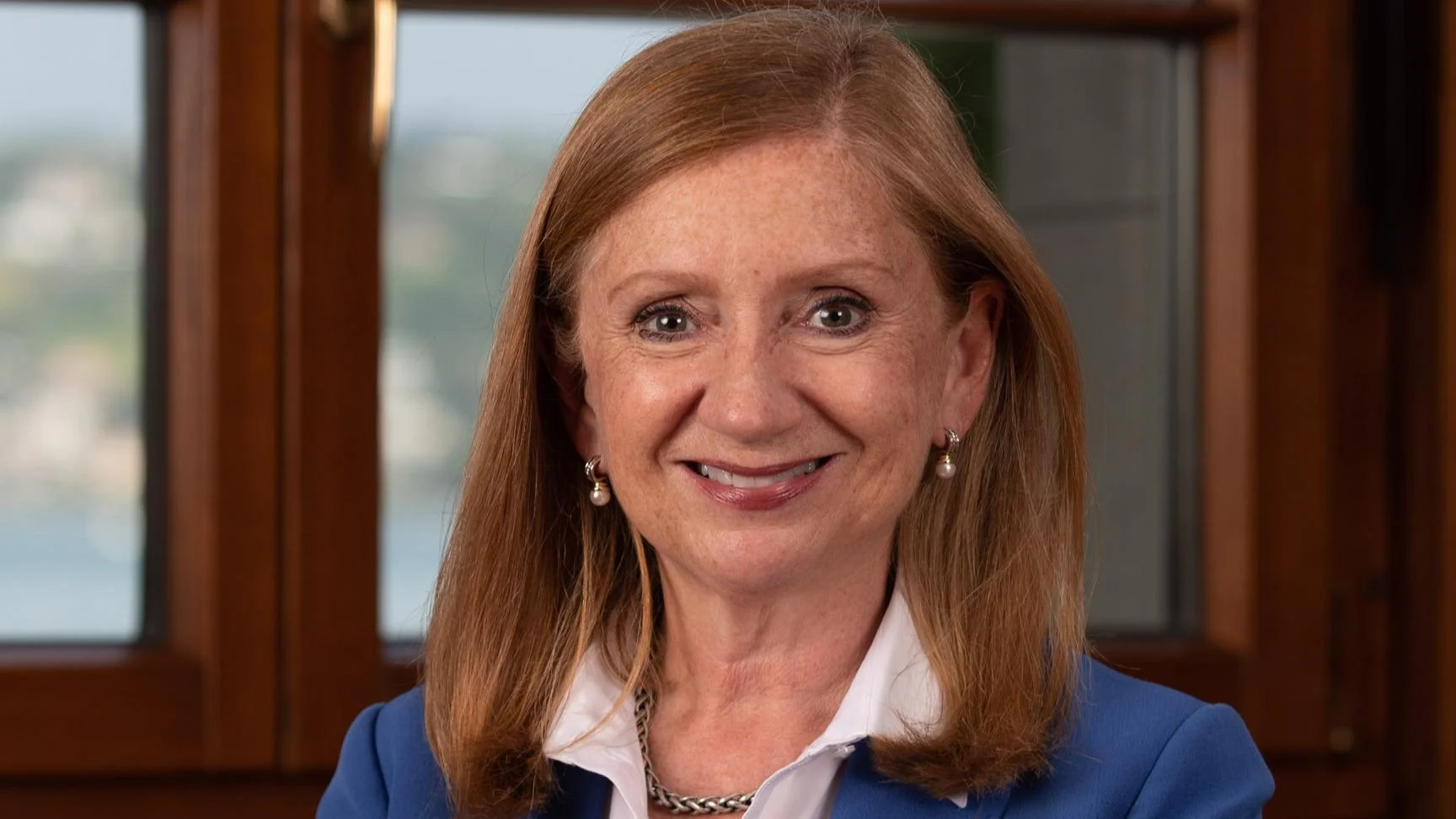The Director-General of the World Trade Organization (WTO), Ngozi Okonjo-Iweala, emphasized the importance of delivering outcomes on WTO reform at the upcoming 14th Ministerial Conference (MC14). Reporting as Chair of the Trade Negotiations Committee, she noted that recent discussions with leaders in Japan and South Korea centered on this issue.
"Prime Minister Ishiba (of Japan) and his ministers... have bought into the idea that we must not waste a crisis," Okonjo-Iweala stated. She stressed the need for a package of reform proposals to be ready for consideration at MC14. The Director-General's meetings included talks with Japanese officials and participation in an Asia-Pacific Economic Cooperation forum in South Korea.
The WTO members agreed during their 12th Ministerial Conference in 2022 to review the organization's functions comprehensively. This move aims to enhance its ability to address challenges and opportunities in global trade. Okonjo-Iweala acknowledged that while ministers value the system, they recognize it cannot continue unchanged. "Members keep sweeping things under the carpet and not solving problems," she said.
Work is ongoing for potential deliverables at MC14, including fisheries subsidies, agriculture, investment facilitation for development, electronic commerce, and issues concerning least developed countries. Progress will be assessed at a TNC meeting in July.
Recent progress was made on member acceptances of the Agreement on Fisheries Subsidies, with 99 members accepting it so far. Twenty-six delegations spoke after Okonjo-Iweala's intervention, discussing a road map for MC14 prepared by the WTO Secretariat.
General Council Chair Ambassador Saqer Abdullah Almoqbel plans to consult delegations on key areas such as WTO reform and dispute settlement reform ahead of MC14. "Time is not on our side," he remarked regarding preparations for MC14 scheduled in ten months.
On investment facilitation for development (IFD), consensus remains elusive despite support from 126 members to incorporate it into the WTO framework. The Republic of Korea highlighted its benefits for attracting investment, especially for developing countries.
Singapore and Switzerland introduced a statement supporting a rules-based multilateral trading system amid current trade tensions. China also addressed heightened trade turbulence and proposed a "Stability, Development and Reform" approach for the WTO.
The European Union raised concerns about global trade fragmentation due to tariffs. Brazil appreciated recent discussions on sustainable agriculture trends globally.
Japan updated members on efforts related to electronic commerce agreements within the WTO framework but faced objections from several members regarding its incorporation.
The next General Council meeting is tentatively set for July 22-23.

